Google and Facebook ‘aiding terrorists,’ says new GCHQ chief
The big tech companies must work with governments to stop terrorists, says head of UK spy agency

A free daily email with the biggest news stories of the day – and the best features from TheWeek.com
You are now subscribed
Your newsletter sign-up was successful
The incoming head of Britain’s electronic spying agency has accused some of the world's biggest technology companies of becoming the "command and control networks of choice" for terrorist networks.
GCHQ director Robert Hannigan said that companies such as Facebook, Twitter and Google were "in denial" about how terrorists use their services.
In an opinion piece in the Financial Times, Hannigan said that in the past extremists used the internet to share information discretely, but now groups such as Islamic State (IS, also known as Isis) are beginning to use pubic messaging and social media services such as Twitter, Facebook and WhatsApp to disseminate propaganda and spread terror as loudly as possible. "Isis has embraced the web as a noisy channel in which to promote itself," Hannigan said.
The Week
Escape your echo chamber. Get the facts behind the news, plus analysis from multiple perspectives.

Sign up for The Week's Free Newsletters
From our morning news briefing to a weekly Good News Newsletter, get the best of The Week delivered directly to your inbox.
From our morning news briefing to a weekly Good News Newsletter, get the best of The Week delivered directly to your inbox.
He said that for intelligence services to be able to effectively fight terrorist groups online, they would need greater support from the world’s biggest tech companies.
"GCHQ and its sister agencies… cannot tackle these challenges without greater support from the private sector, including the largest US technology companies which dominate the web," he said.
Hannigan added: "However much they may dislike it, they have become the command and control networks of choice for terrorists and criminals."
GCHQ needs to lead the debate on privacy not just follow it, Hannigan said: "GCHQ is happy to be part of a mature debate on privacy in the digital age. But privacy has never been an absolute right and the debate about this should not become a reason for postponing urgent and difficult decisions."
A free daily email with the biggest news stories of the day – and the best features from TheWeek.com
Some privacy advocates disagreed with Hannigan’s assessment of how the internet should be policed. The deputy director of Privacy International, Eric King, told The Guardian: "It’s disappointing to see GCHQ’s new director refer to the internet – the greatest tool for innovation, access to education and communication that humankind has ever known – as a command-and-control network for terrorists."
Jillian York, director of international freedom of expression at Electronic Frontier Foundation, rejected Hannigan’s call for closer collaboration between spy agencies and private organisations: "A special 'deal' between governments and companies isn’t necessary – law enforcement can conduct open source intelligence on publicly-posted content on social networks, and can already place legal requests with respect to users," York said. "Allowing governments special access to private content is not only a violation of privacy, it may also serve to drive terrorists underground, making the job of law enforcement even more difficult."
-
 6 exquisite homes with vast acreage
6 exquisite homes with vast acreageFeature Featuring an off-the-grid contemporary home in New Mexico and lakefront farmhouse in Massachusetts
-
 Film reviews: ‘Wuthering Heights,’ ‘Good Luck, Have Fun, Don’t Die,’ and ‘Sirat’
Film reviews: ‘Wuthering Heights,’ ‘Good Luck, Have Fun, Don’t Die,’ and ‘Sirat’Feature An inconvenient love torments a would-be couple, a gonzo time traveler seeks to save humanity from AI, and a father’s desperate search goes deeply sideways
-
 Political cartoons for February 16
Political cartoons for February 16Cartoons Monday’s political cartoons include President's Day, a valentine from the Epstein files, and more
-
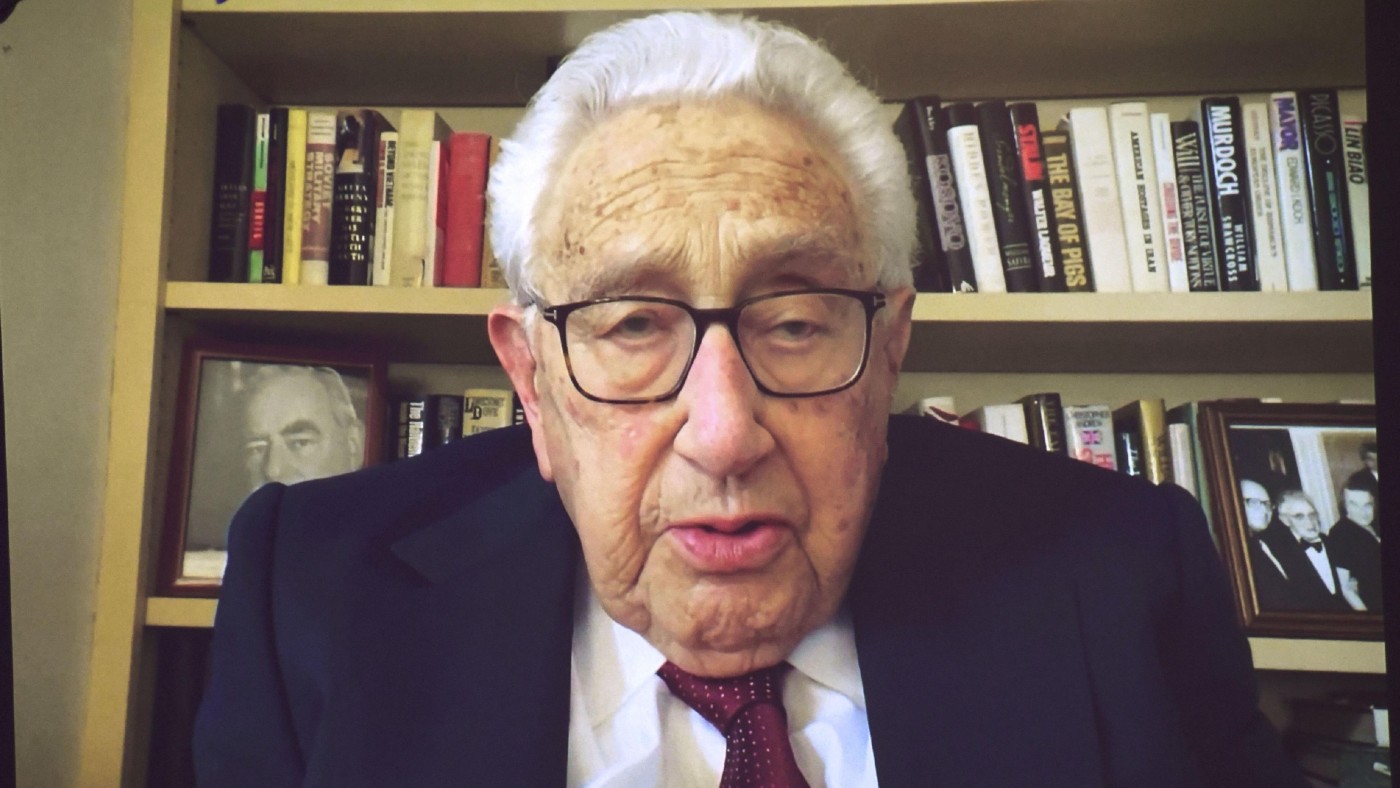 Is Henry Kissinger right about Ukraine?
Is Henry Kissinger right about Ukraine?Speed Read The US statesman made a controversial speech at a virtual Davos appearance last week
-
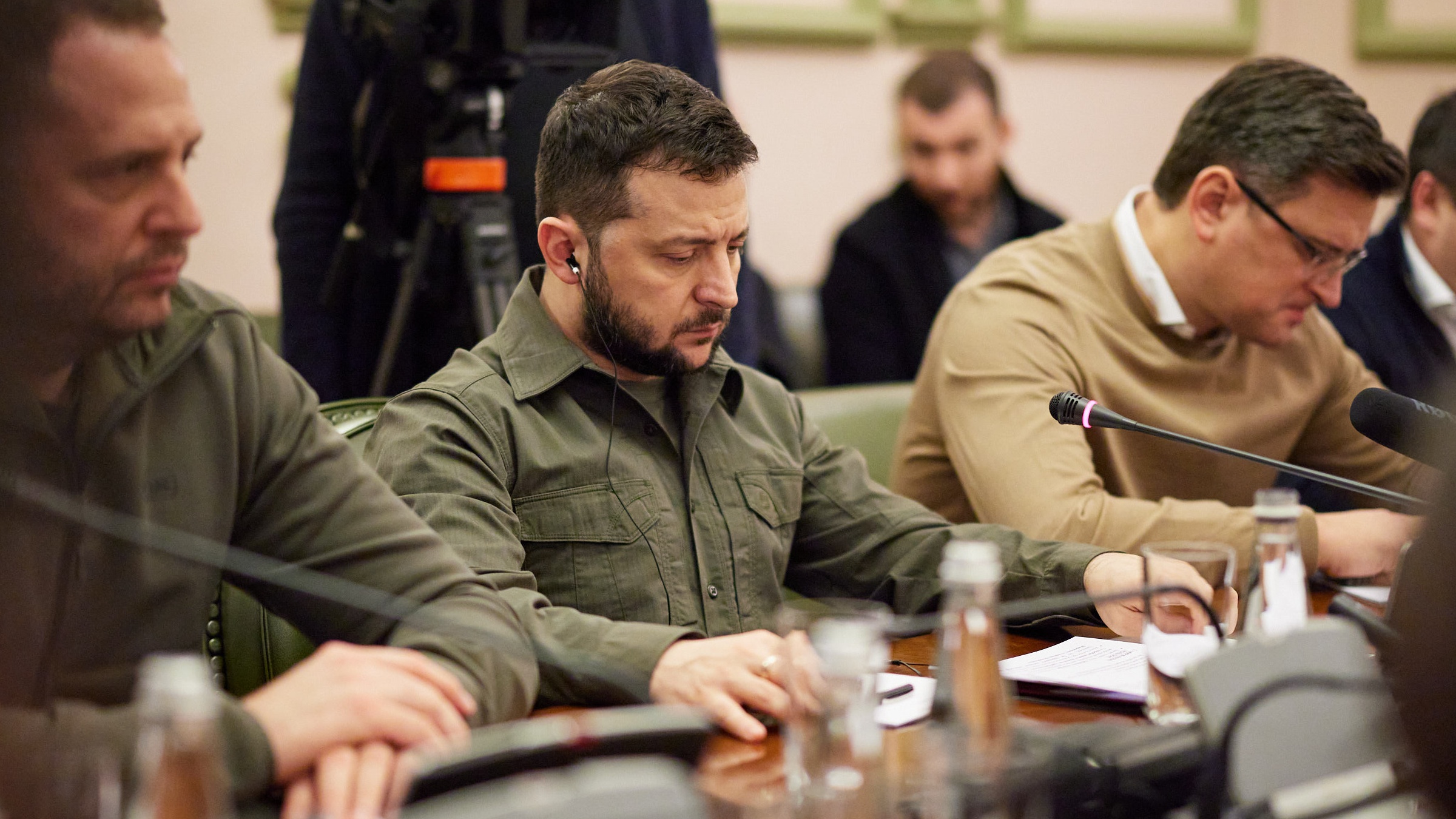 Volodymyr Zelenskyy refused evacuation as Russian hitmen ‘parachuted’ into Kyiv
Volodymyr Zelenskyy refused evacuation as Russian hitmen ‘parachuted’ into KyivSpeed Read Ukrainian president turned down opportunity to leave capital despite threat to life, adviser claims
-
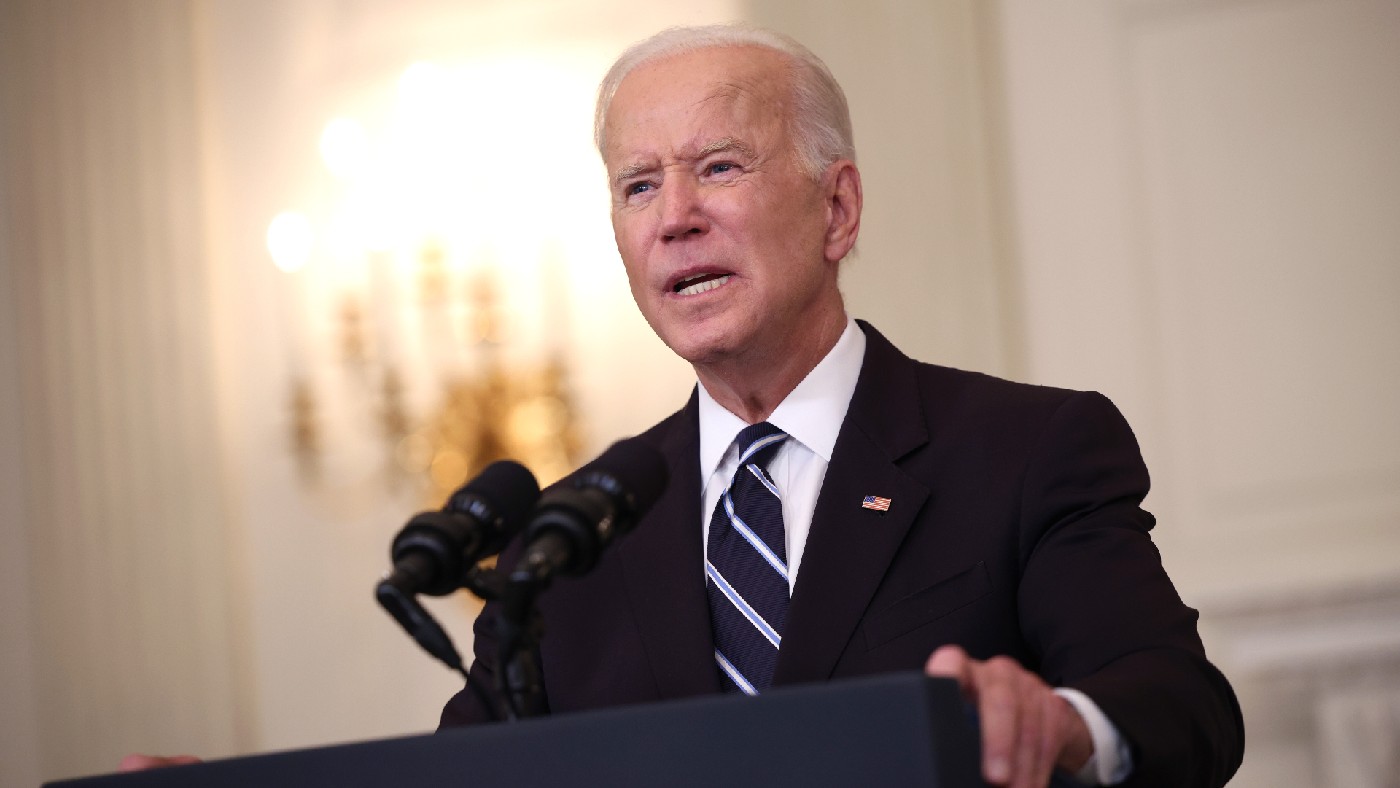 America’s withdrawal from Afghanistan: a retreat into isolationism?
America’s withdrawal from Afghanistan: a retreat into isolationism?Speed Read ‘In his selfish unilateralism’, Biden is no better than Trump, said The Daily Telegraph
-
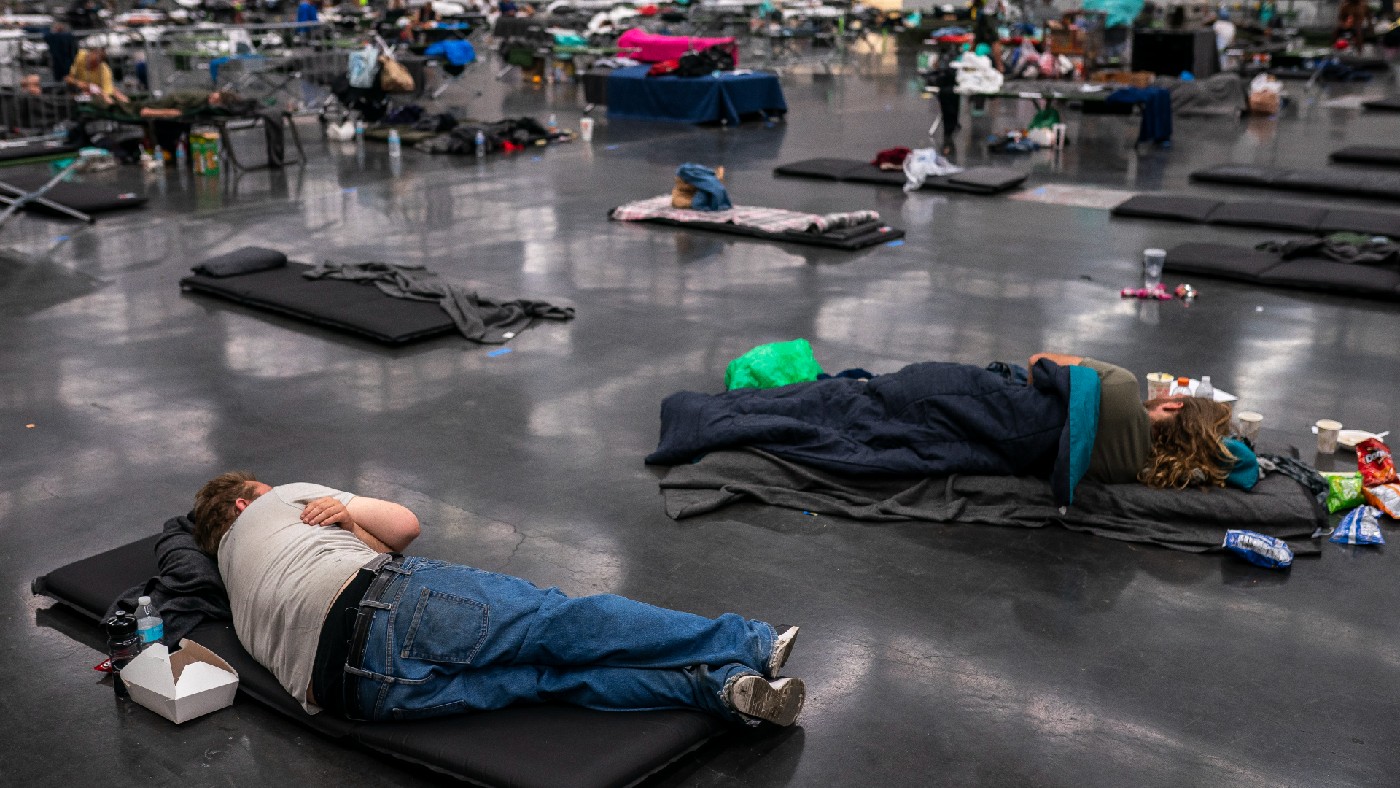 The ‘heat dome’: blistering temperatures in the Pacific Northwest should act as a wake-up call
The ‘heat dome’: blistering temperatures in the Pacific Northwest should act as a wake-up callSpeed Read People are used to hearing of record-high temperatures in desert states such as Nevada or Arizona, but not in verdant Washington and Oregon
-
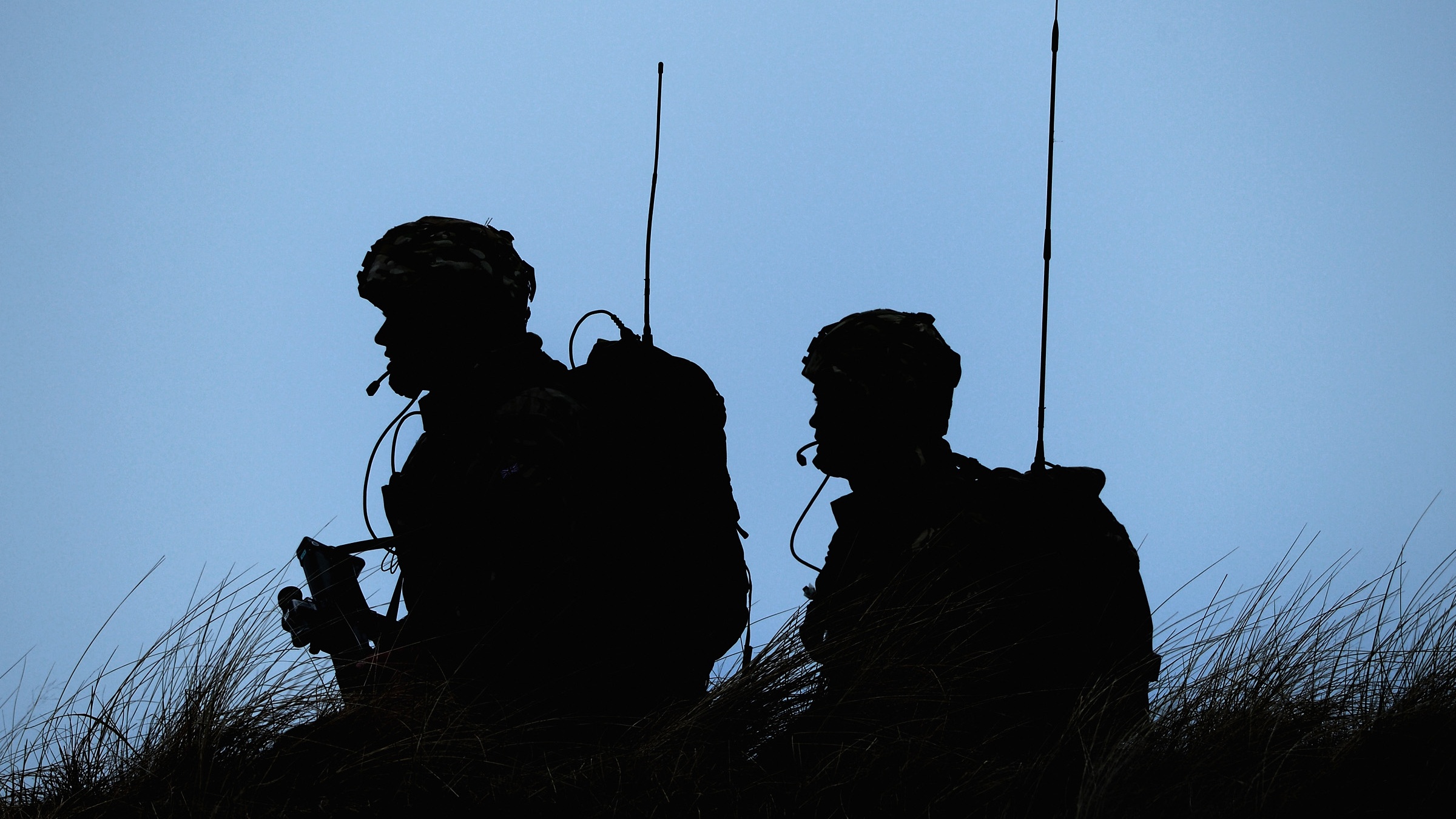 Royal Marines ready to ‘disrupt and confuse’ enemies
Royal Marines ready to ‘disrupt and confuse’ enemiesSpeed Read Military chief says operating in area between peace and war could prevent all-out conflict
-
 US Secret Service screening inauguration troops for riot sympathisers
US Secret Service screening inauguration troops for riot sympathisersSpeed Read National Guard members under investigation as mob member claims GOP lawmakers aided Capitol siege
-
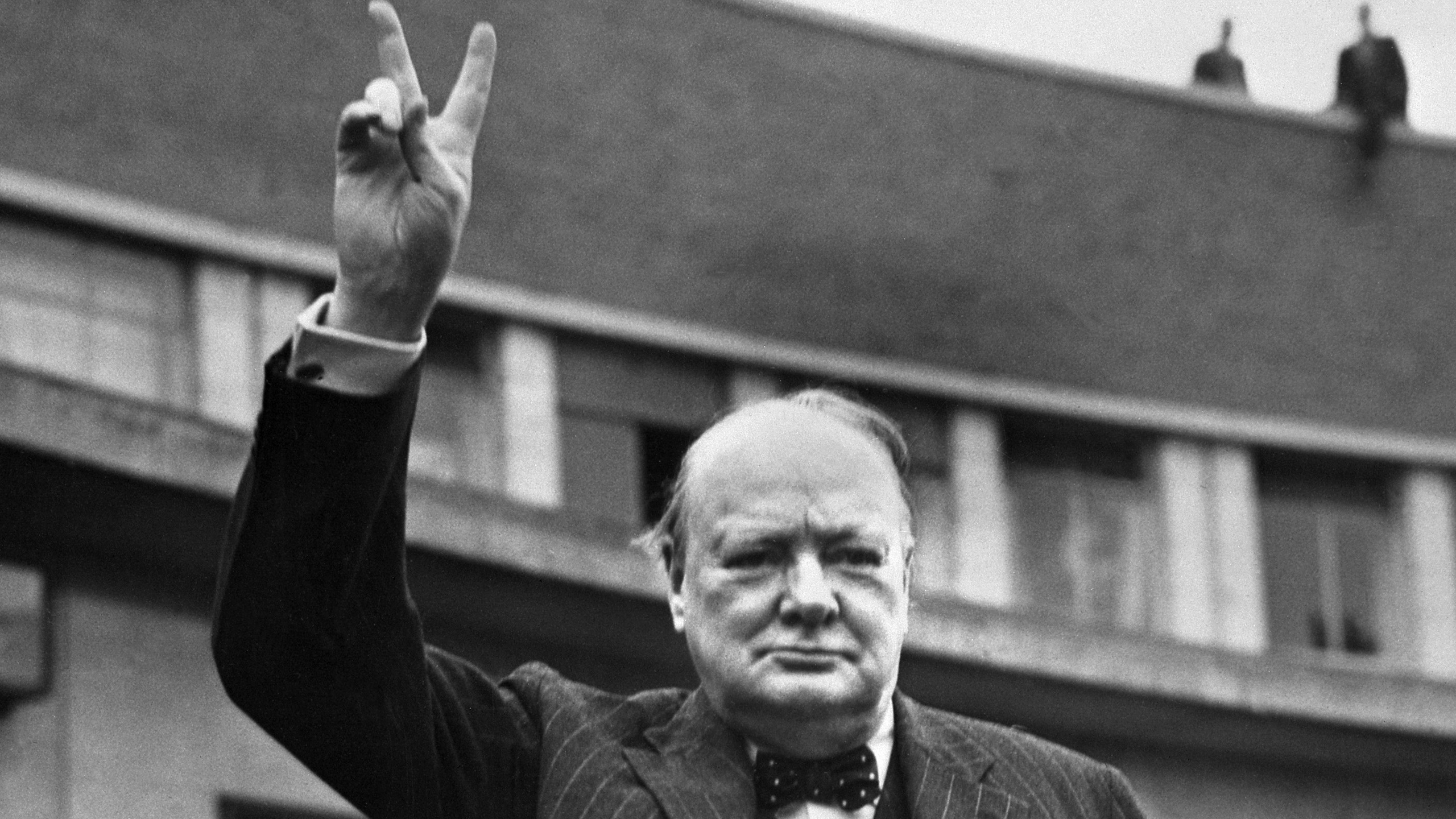 Plea for public to help find secret Second World War bunkers
Plea for public to help find secret Second World War bunkersSpeed Read Hundreds of ‘Scallywag’ underground hideouts lie undiscovered in British countryside
-
 GCHQ unveils annual Christmas card puzzle - can you solve it?
GCHQ unveils annual Christmas card puzzle - can you solve it?Speed Read Spy agency challenges ‘wise men and women’ to take on bauble brainteaser